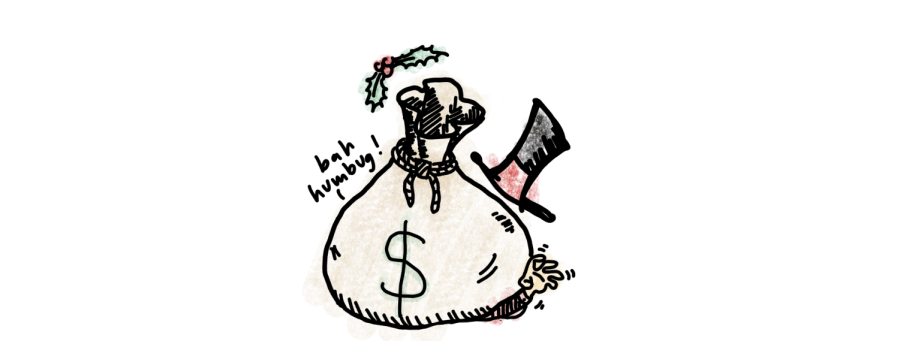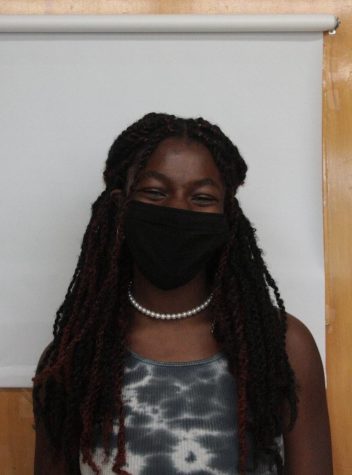A Christmas Carol and the Modern Day Scrooge
December 14, 2021
A Christmas Carol, by Charles Dickens, has easily become one of the most well known Christmas stories to date. While the story is coated in the message of the true meaning of Christmas, I think that it’d be interesting to take a deeper look into one of Dickens’ most successful pieces of work.
The 1840’s, otherwise known as “The Hungry 40’s”, was a very prominent time in the economic scene of the United Kingdom. The striking rise in population created a large need for workers and manufacturing work. The lines of ethical working guidelines quickly blurred as employees, including children, were stripped of their humanity in the work space.
This piece of history really traces back to the root of why Dickens wrote A Christmas Carol. The book was initially meant to be written as a pamphlet, titled, “An Appeal to the People of England on Behalf of a Poor Man’s Child”. This was after Dickens had read a government report on the child labor that had been taking place in United Kingdom.
After reading about a group of young girls that had worked as seamstresses under very unethical conditions and hours, Dickens’s eyes were opened to the very dark truths about the situation that the U.K’s economics fell under. Appalled by the position that these children were placed in, Dickens decided that it was time to take to writing the radical story of A Christmas Carol.
The story follows the grumpy Ebeneezer Scrooge, a man who does everything in his power to drive the cheery holiday spirit away: by despising Christmas and everything that follows it. Not only does he make every effort to not participate in the springing holiday cheer of the season, but he makes a point to be sinister in his lack of effort to help those in need.
Even Scrooge’s own family has a lot to say about his lack of generosity, “His wealth is no use to him. He [doesn’t] do any good with it…I am sorry for him, I couldn’t be angry with him if I tried.”
Scrooge’s character is largely symbolic of the fact that wealth is not only unattainable for many, but it can also be unnecessary. As conversations circulate around the lack of ethics behind the 1%, many of us come to realize that there is a large gap between the rich and the awareness of need that is all around them.
Scrooge has enough money to help support and lift the people in need around him, off of their feet. He makes the conscious decision not to, even though he really has no use for all of the money he has.
Jeff Bezos, and his $201.7 billion net worth immediately come to mind. Just because A Christmas Carol was written in the midst of the economic struggle in England, doesn’t mean that parallels cannot be drawn.
According to Forbes, 13.4% of the United States lives below the poverty line. That’s 42.5 million people. Not to mention the struggles that many families face due to unemployment after the Covid-19 outbreak.
As Bezos holds the power to end hunger in the U.S seven times over, we are left with a pit in our stomachs as we watch him and the other wealthiest people in the world sit there and do virtually nothing to solve the economic strife that the country has been under for decades.
Now, let’s get back to the Christmas Story. Don’t worry, the connections will be made soon. Scrooge is paid a visit by the ghosts of Christmas past, present, and future. They provide him with a perspective that really pulls at Scrooge’s heartstrings, causing him to see the impact of his miserable behaviors.
Scrooge wakes up the next day, a completely different person. He makes the generous decision to donate to a charity that he had previously rejected, and makes multiple efforts to use his money to lift those around him in need, off the ground.
Many of us would love for three Christmas ghosts to visit Mr. Bezos and get him to use his abundance of resources to better the economic status of the country, but that stays an unattainable fantasy.
As we continue to see the lack of action being made to improve the poverty issues and financial struggles taking place in the U.S., we have to come to the realization that we are dealing with some modern day Scrooges of our own.



